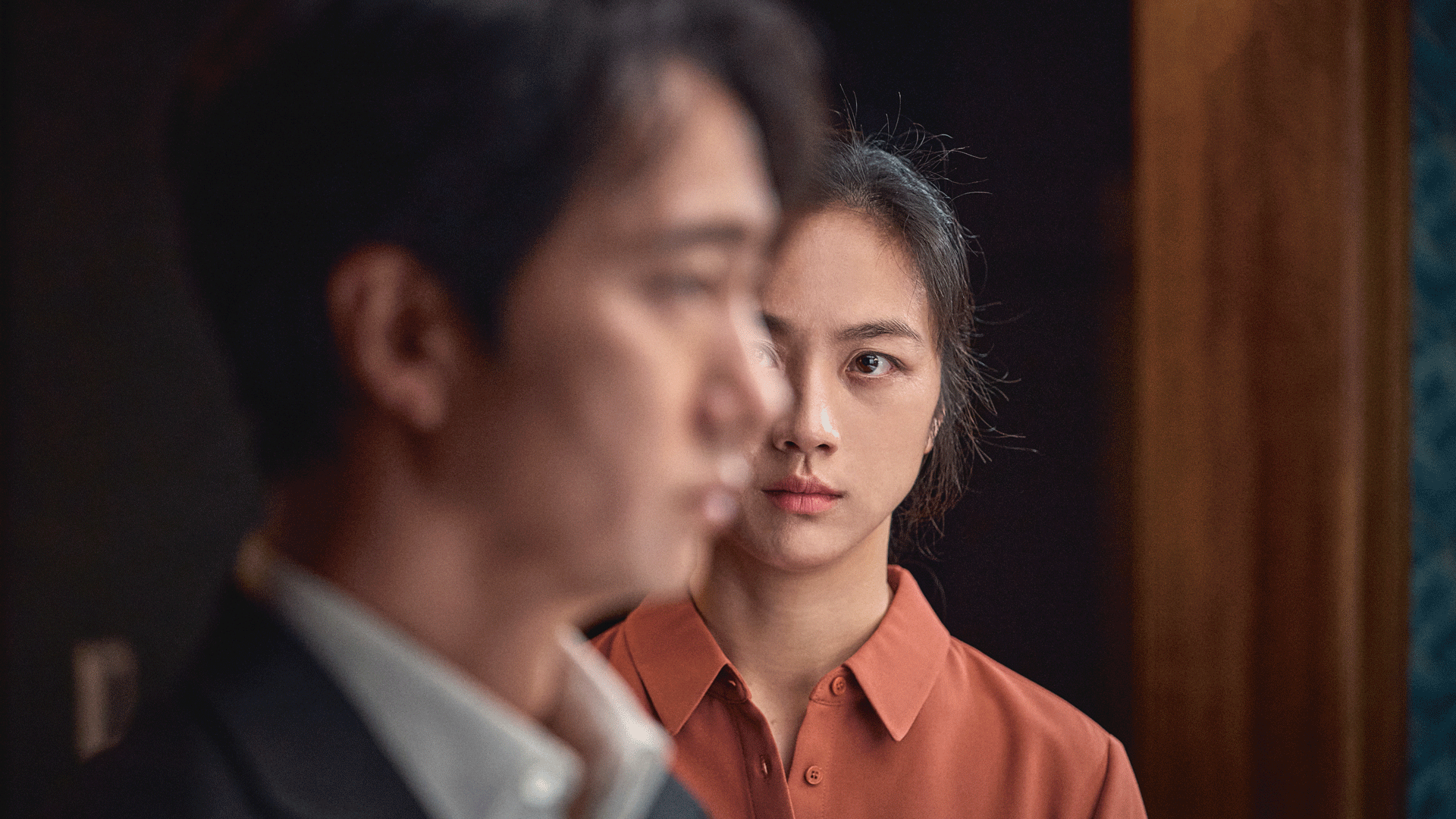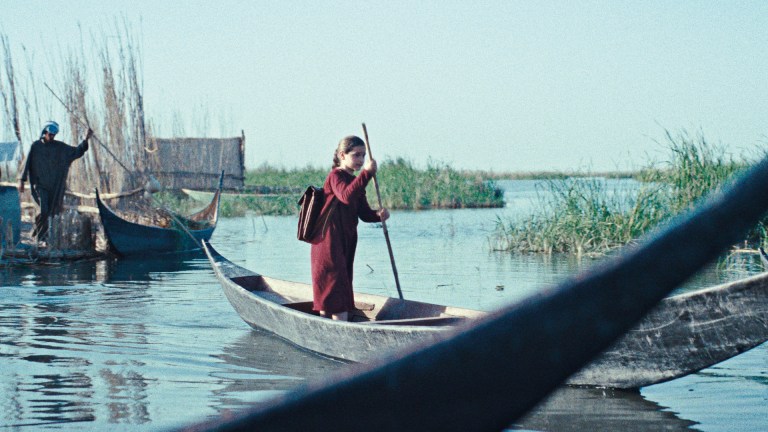During lockdown’s disconcerting drought of new film releases it felt like a lot of us began to spool backwards through our own cinematic lives. That might have involved rewatching personal comfort-blanket movies or making a conscious and structured effort to expand our film knowledge. Basically, popcorn-fuelled nights on the couch disguised as self-improvement.
Finding myself in a suddenly oppressive world of shrinking choices and increasing desperation, I dived headlong into noir, one of cinema’s most elemental genres. I revisited foundational 1950s classics like The Night of the Hunter, Touch of Evil and In a Lonely Place. I belatedly ticked off some key 1970s texts I’d never got round to seeing, including the notorious Chinatown and Robert Altman’s gloriously shabby The Long Goodbye. I also took a punt on the newest of neo-noirs: the sunny, offbeat The Kid Detective, a film that was barely released in 2020, is now what I automatically recommend to anyone who says they are looking for a movie that will truly surprise them.
Time to add another enjoyably crafty modern noir to the list. Decision to Leave is the latest from Korean writer-director Park Chan-wook, who carved out a bloody niche in the 2000s as the auteur behind poised but often brutal immorality tales like Sympathy for Mr Vengeance, Oldboy and Lady Vengeance. After his sumptuous, sexy 2016 period piece The Handmaiden – which smuggled more than one stiletto within its silken nightwear – Park has warped back to the present day with all his hopscotch plotting and inventive cinematography intact. (He took the Best Director prize at Cannes earlier this year.)
Decision to Leave centres around the death of a former government official who seems to have slipped off a vertiginous cliff at a serene beauty spot. Rumpled but diligent detective Hae-jun (Park Hae-il) suspects everything is not as it seems, especially after he meets the victim’s much younger Chinese wife Seo-rae (Tang Wei), who seems unmoved by recent developments. With her luminous beauty and disarming straight-talking – even if she sometimes requires an audio app to translate her thoughts from Chinese into Korean – Seo-rae could be a modern femme fatale. It soon becomes apparent that her rich, self-regarding husband was not a good guy. But how many scheming black widows work a day job as a tireless caregiver to the elderly? (Although a sweet old grandma who can corroborate your whereabouts on the day of the death is a pretty solid alibi.)
Bemused and beguiled, Hae-jun embarks on a surveillance regime that goes beyond standard operating procedure, scrutinising every aspect of Seo-rae’s life to try and unravel her motivations. It helps that he only goes home to see his wife at weekends, spending the working week in a bachelor pad where he can brood over past unsolved cases and work his way through a stack of Scandi-noir novels featuring Swedish detective Martin Beck.
For her part, Seo-rae is clearly aware of Hae-jun’s obsession but seems equally interested in him, intrigued by this noble cop who has extra pockets sewn into his clothing for all his equipment and whose chat-up lines include detailed explanations of how insects methodically infest dead bodies. There are also strange but compelling things going on in the margins, like Hae-jun’s younger sidekick feeling so dejected he lights and smokes two cigarettes at once.









